in an interview published on the Vatican News website, during the days of the ecumenical conference entitled “Called to hope – Key players of dialogue” promoted by Centro Uno, the Focolare’s international secretariat for Christian Unity, Margaret Karram, President of the Focolare Movement, said, “Today, more than ever, in the world in which we live, so full of divisions, tragedies, conflicts, where people do not engage in dialogue, meeting together is very significant.” Her words expressed a certainty that resonated in the hearts and in the experience of the 250 people from 40 countries and 20 Christian Churches and of the 4,000+ connected worldwide via streaming, who participated in the event.
The Conference, held at the Mariapolis Centre in Castel Gandolfo from March 26-29th 2025, opened with contributions from Jesús Morán, Co-President of the Focolare Movement and Callan Slipper, an Anglican theologian who said: “Ecumenism, by repairing our personal interactions within the Christian community, allows the Church to be herself. What humanity needs, we need too. Our spiritual health diminishes without it, just as every other dimension of human life cannot reach its fulfilment without the reconciliation brought by Jesus”. Morán concluded: “Unity rather than union and Christianity as a way of being rather than as a doctrine, can be two fruitful paths for ecumenism in response to what history demands of us today”.
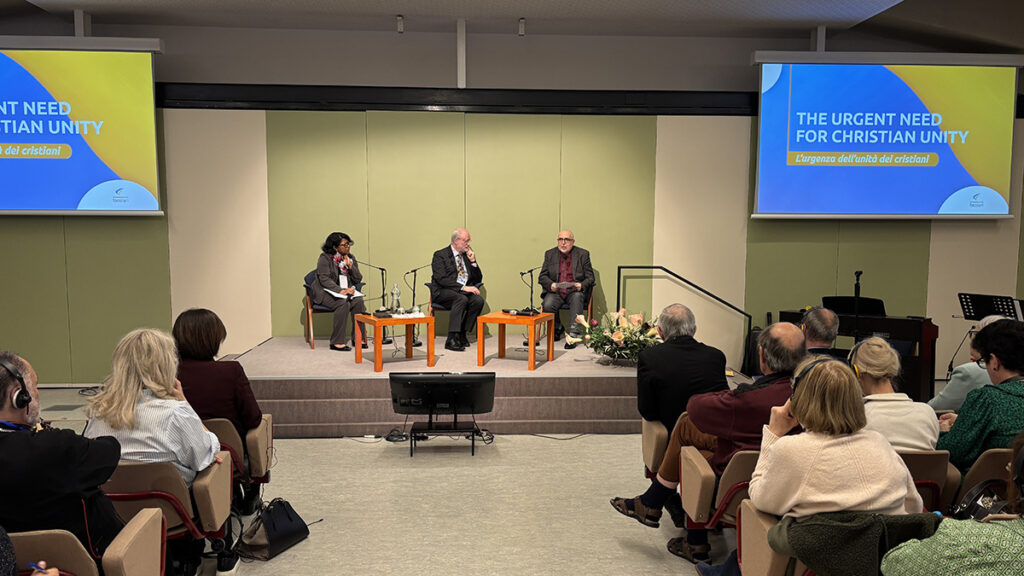
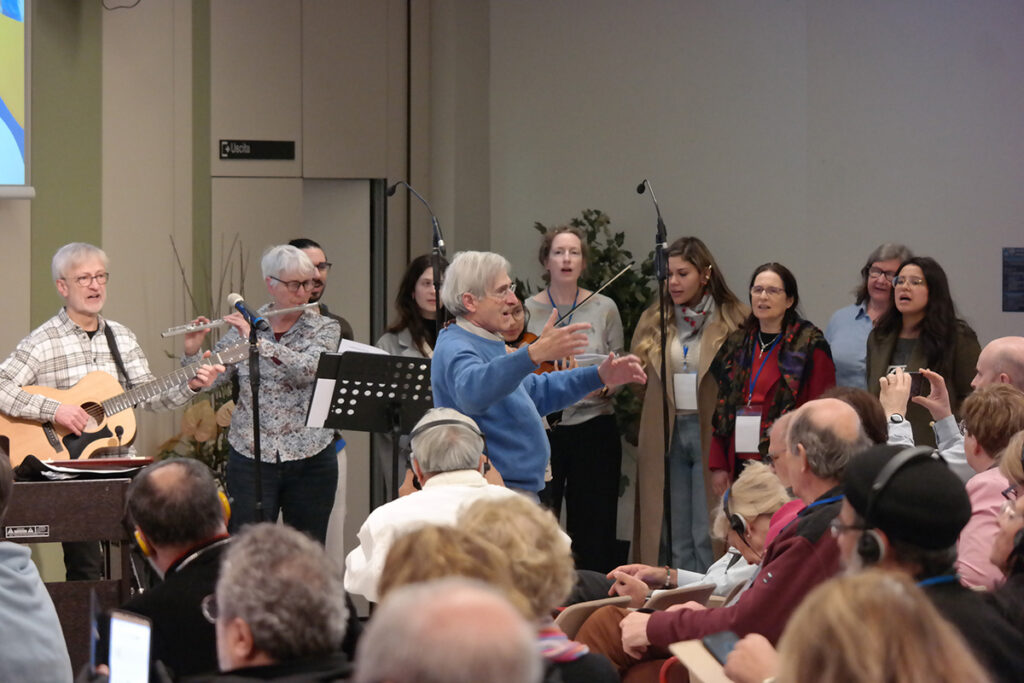
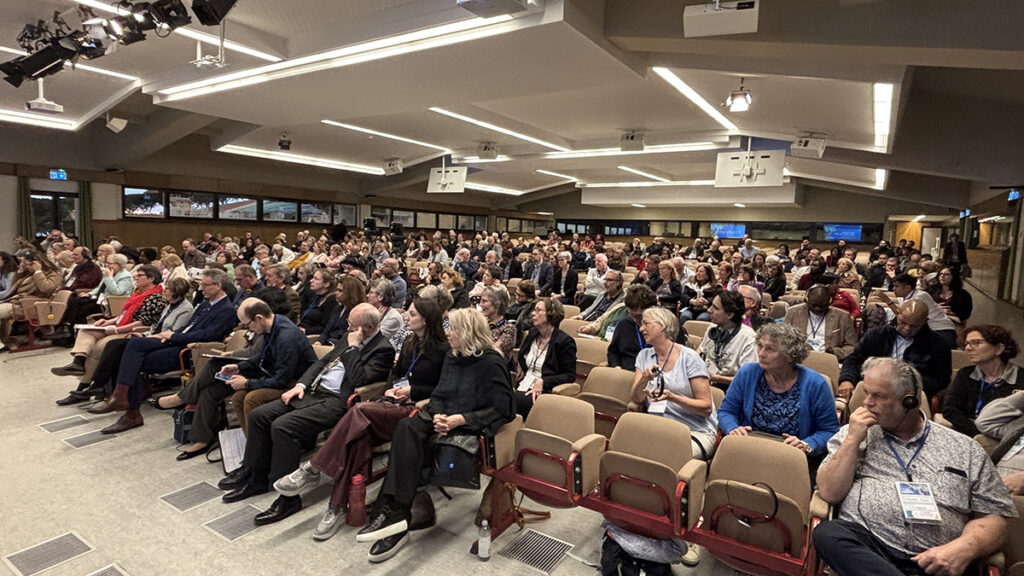
The conference proposed a method for walking in unity: the kind of dialogue that emerges from the spirituality of the Focolare, the dialogue of life, the dialogue of the people alongside a similar concept known as receptive ecumenism. Through her experience, Prof. Karen Petersen Finch, an American Presbyterian, highlighted the importance of involving more people in dialogue on the doctrine of the faith, which is normally reserved only for theologians, Church leaders and official committees for dialogue.
One day was dedicated to a pilgrimage to Rome with a visit to the Basilica of St. Lawrence the Martyr and the Abbey of the Three Fountains, where tradition places the martyrdom of St. Paul. In an atmosphere of recollection, one of the participants described the day as: “an encounter with the first martyrs of the undivided Church who, with their authentic life, faith and their witness, instil in us the courage to proclaim Christ today”. The pilgrimage concluded at the Basilica of Saint Paul Outside the Walls with an ecumenical prayer. Ecumenism has its biblical root in prayer, beginning with Jesus, who while praying, asked the Father: “That they may all be one”. His words, echoed in various passages of Scripture, invite us to ask anything of the Father “in his name, together and in agreement”. And so, together, gathered in unity, priests and lay people of all the Christian confessions present, jointly asked the Father for peace in every corner of the earth and for reconciliation among all Christians.
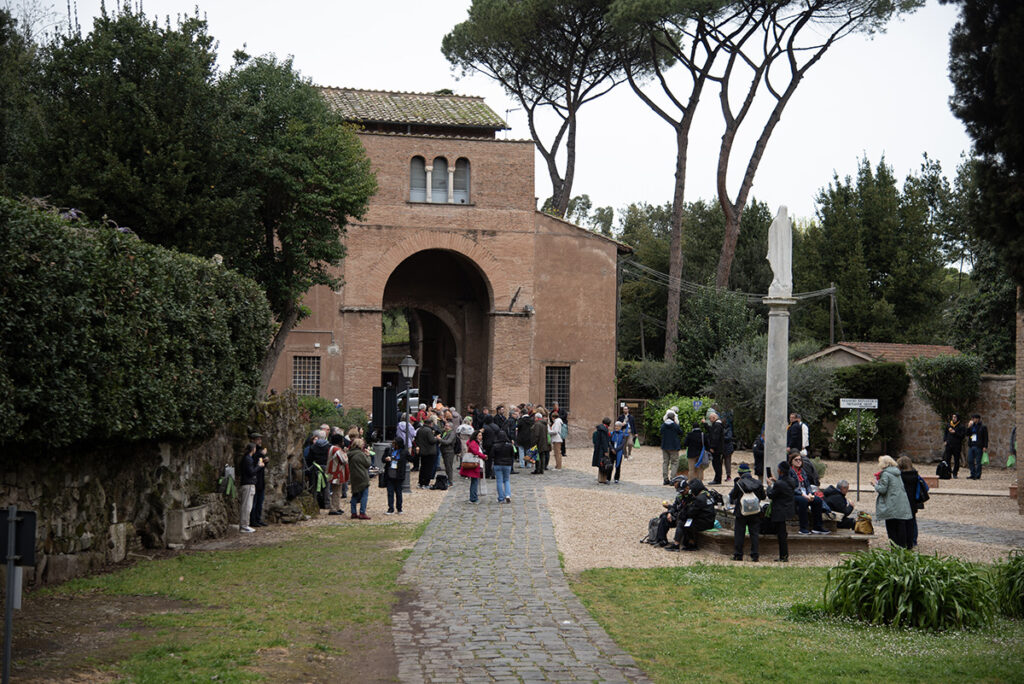
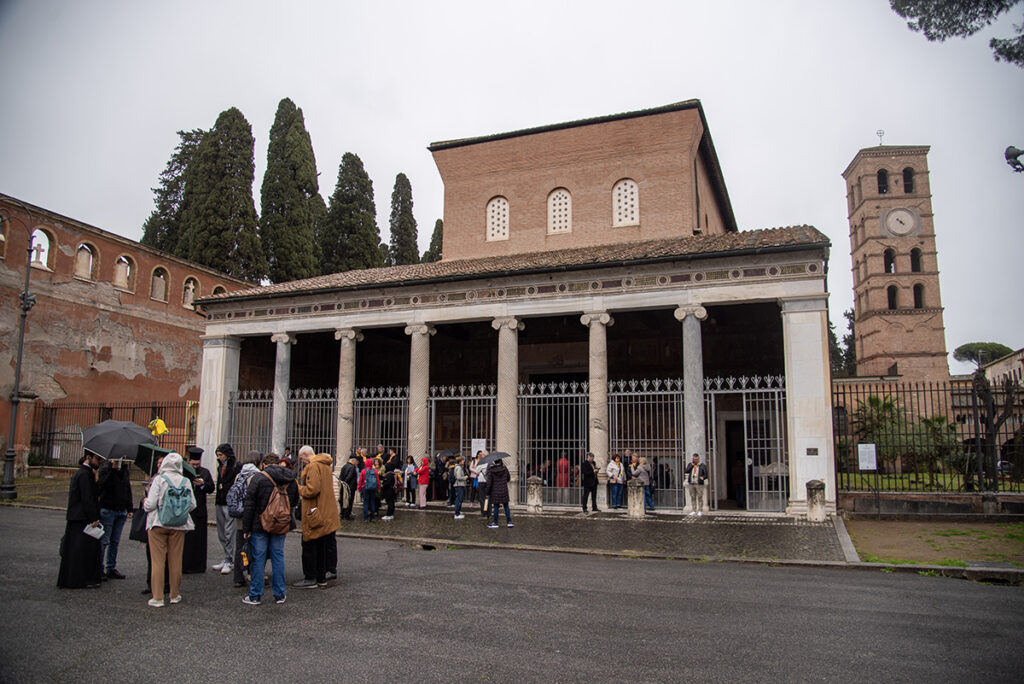
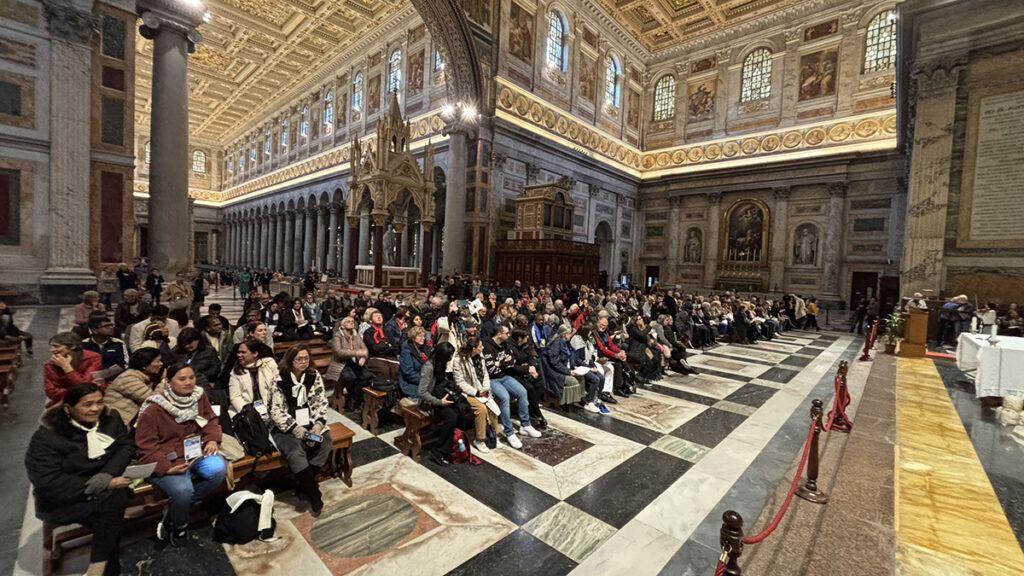
The themes addressed during the conference included the significant commemorations for 2025: the 1700th anniversary of the Council of Nicea; Easter which will be celebrated on the same day by all the Christian Churches; and the 60th anniversary of the lifting of the excommunications between the Church of Rome and that of Constantinople. Referring to the Council of Nicaea, Dr. Martin Illert, a representative of the World Council of Churches, said: “I am convinced that common prayer and reflection pave the way for unity, as they remind us of both our common roots and our shared mission.” Msgr. Andrea Palmieri of the Dicastery for Promoting Christian Unity observed: ” These events are undoubtedly important, but (…) words must be followed by concrete, prophetic decisions. I am convinced that the reflections initiated this year will contribute to the maturation of decisions that may shape the future of the ecumenical journey. ”
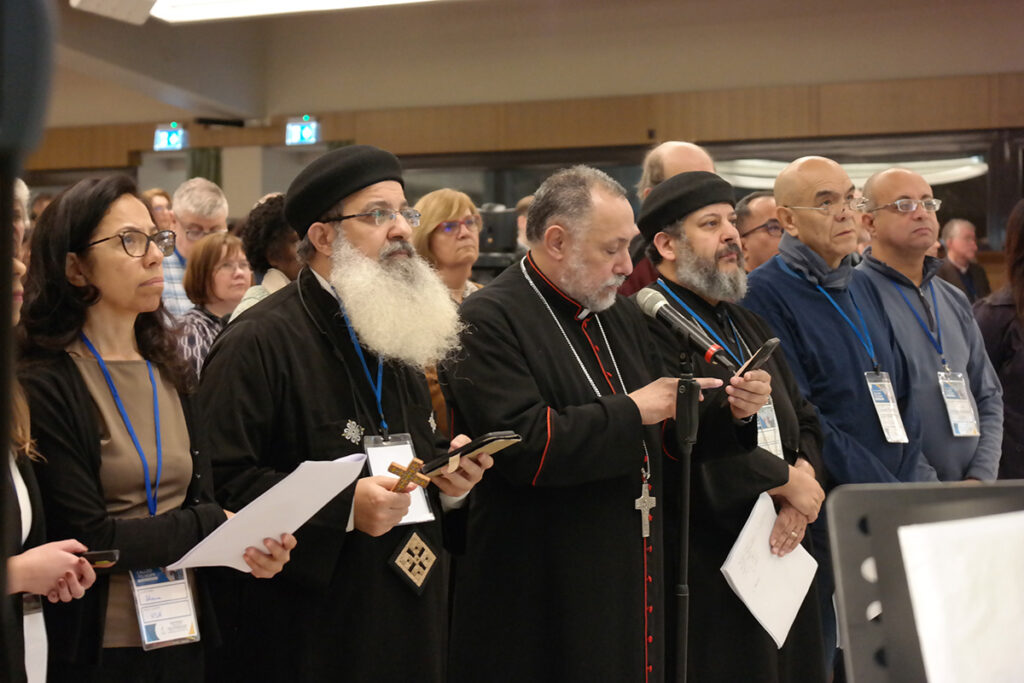
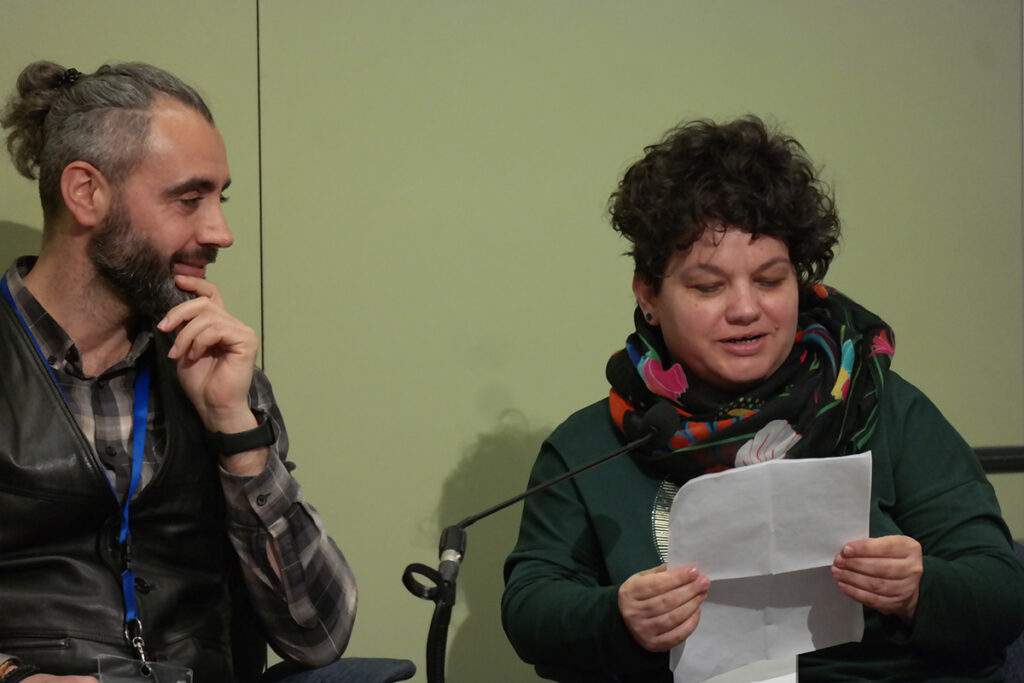
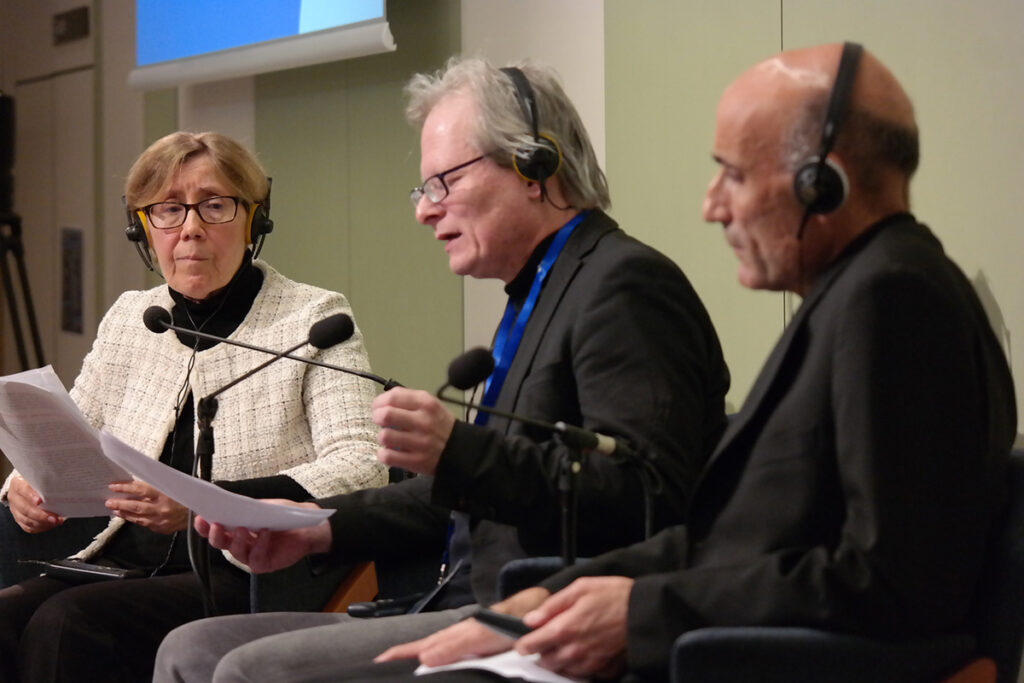
The Conference also explored how synodality can contribute to ecumenism. In a panel featuring participants of the Catholic Church’s Synod: three fraternal delegates (members of various churches), a Catholic Bishop and a Special Guest shared the lived experience of how the active participation of everyone contributed to affective and effective dialogue, which had as His Eminence Khajag Barsamian, of the Armenian Apostolic Church said, a “strong ecumenical dimension, which emphasized unity, shared spiritual experiences and mutual respect among Christians”. Rev. Dirk G. Lange of the Lutheran World Federation, affirmed, “The whole Synod as a spiritual exercise profoundly influenced my understanding of myself, my ministry, and my Church”. Monsignor Brendan Leahy, Catholic Bishop of Limerick (Ireland), added that the Synod’s method, the “Conversation in the Spirit,” made him “more attentive in my work and ministry to listen more, recognizing the seed of truth in every person,” while Dr. Elizabeth Newman of the World Baptist Alliance stated that synodality is grounded ” in the awareness and practice that one’s own point of view must not prevail. You don’t have to ‘win’.” Margaret Karram emphasized: “We know that hope is a virtue and we cannot lose it. We must nurture it, cultivate it within us so that we can give it to others,” and she invited everyone to increase hope and faith through “even small gestures towards others: gestures of solidarity, communion, and openness… only in this way can we hope”.
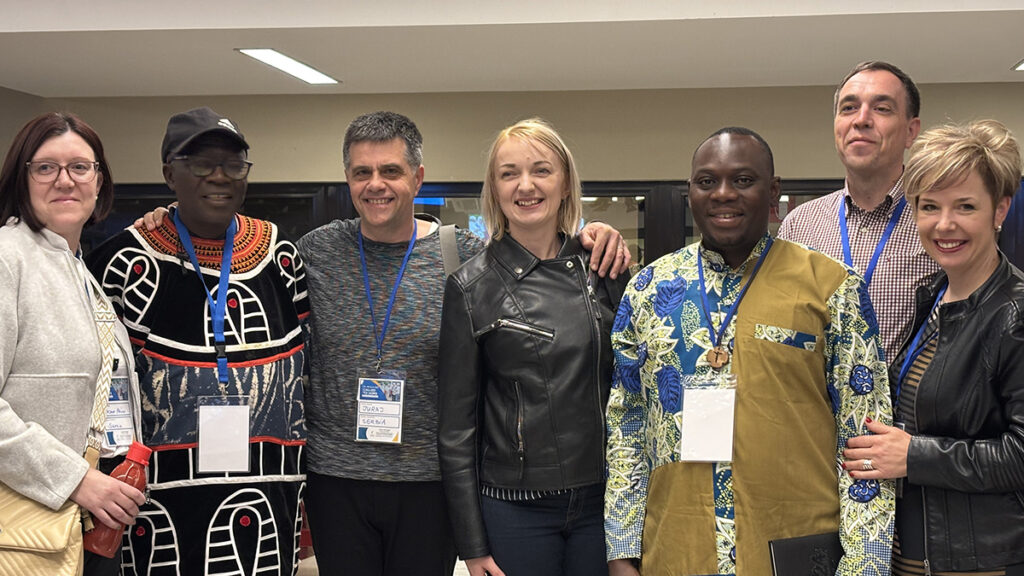
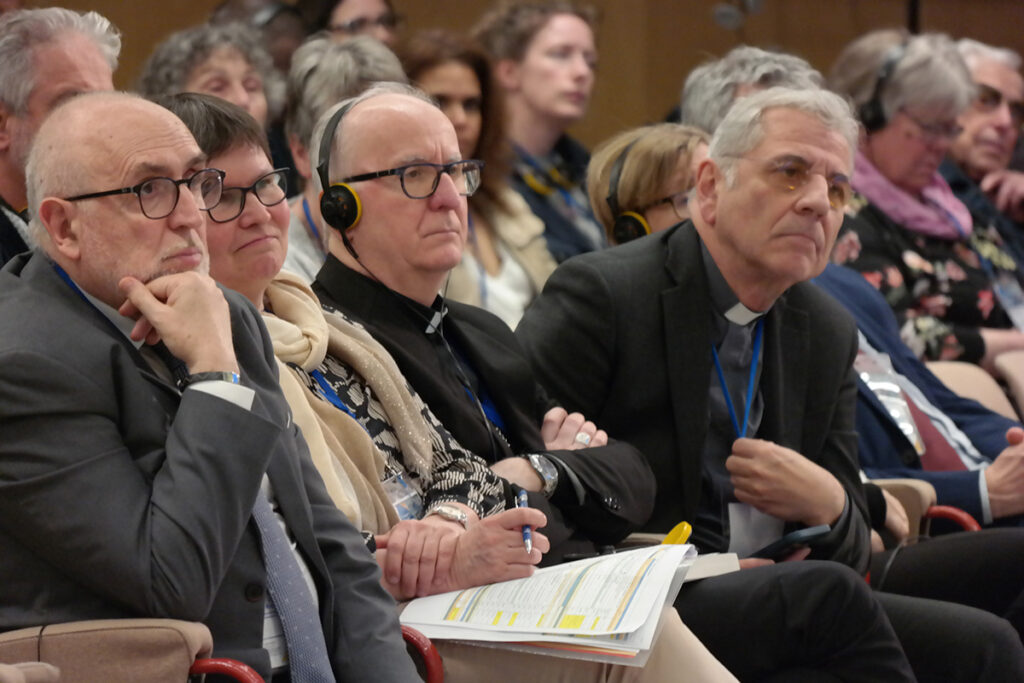
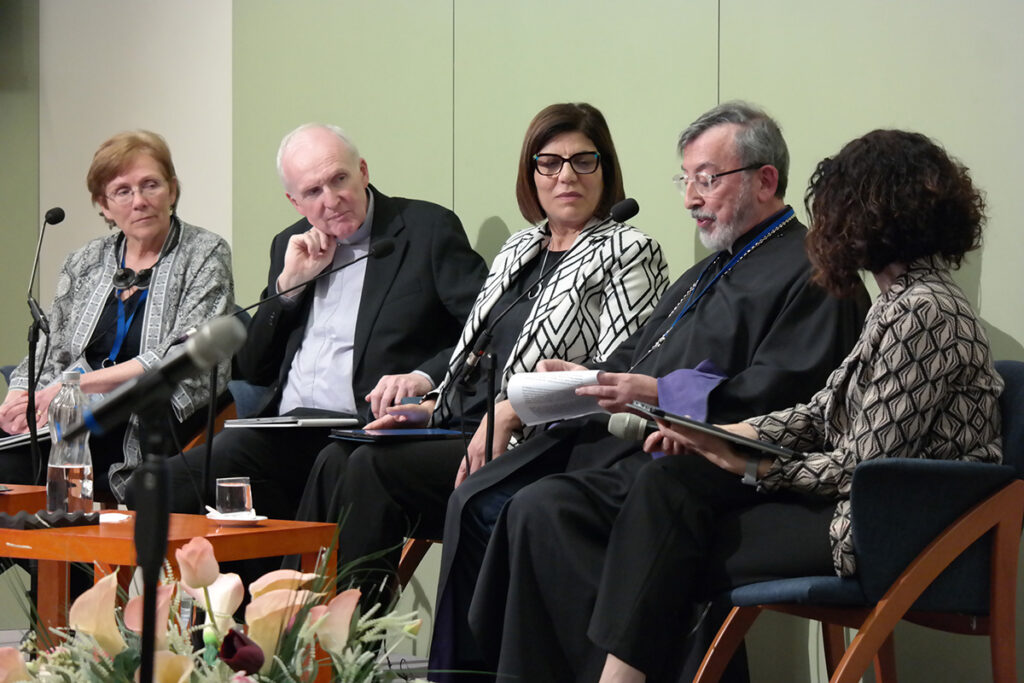
In summary, the Conference was a call to hope, marked by reflection, in-depth discussions, concrete actions and life testimonies which illustrated the path of ecumenical action at the global level (Global Christian Forum, JC2033), at the international level (Ikumeni– Latin America, Together for Europe, John17) and at local level (from Brazil to the Philippines, from Northern Ireland to Serbia, from the Netherlands to Venezuela, from Germany to Uganda…). It engaged churches, priests, laypeople, theologians, scholars, adults, and young people—truly, all were key players in the dialogue.
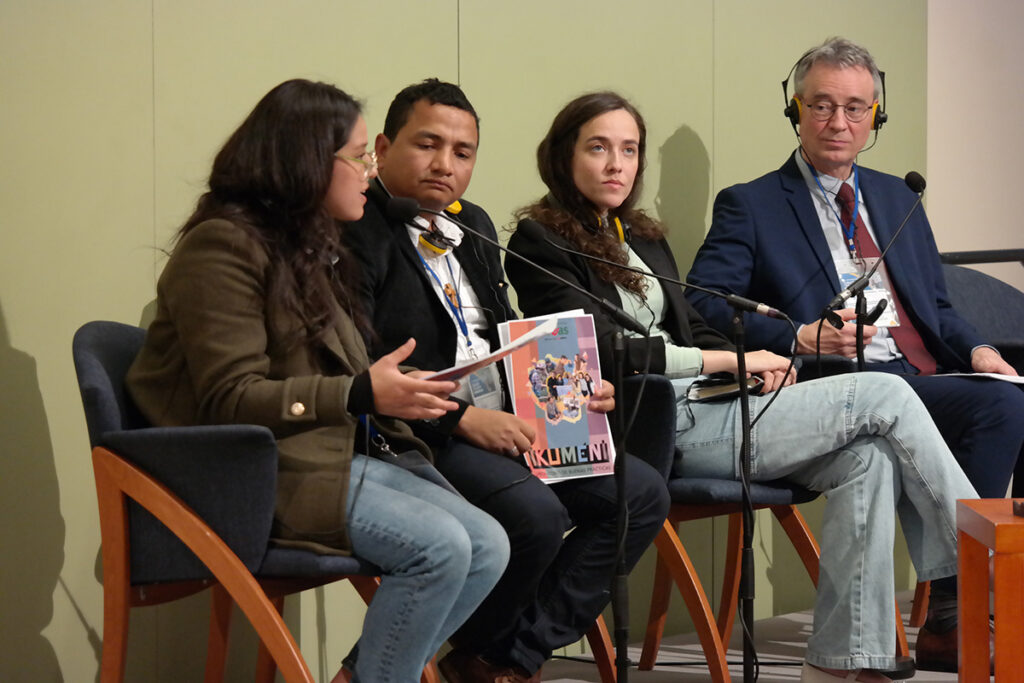
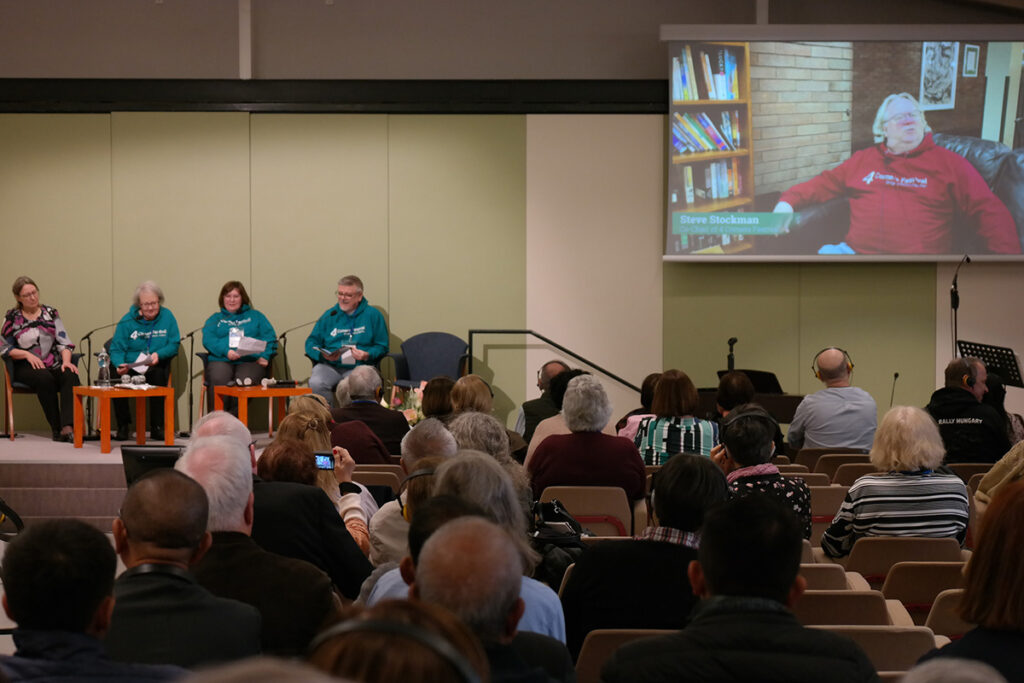
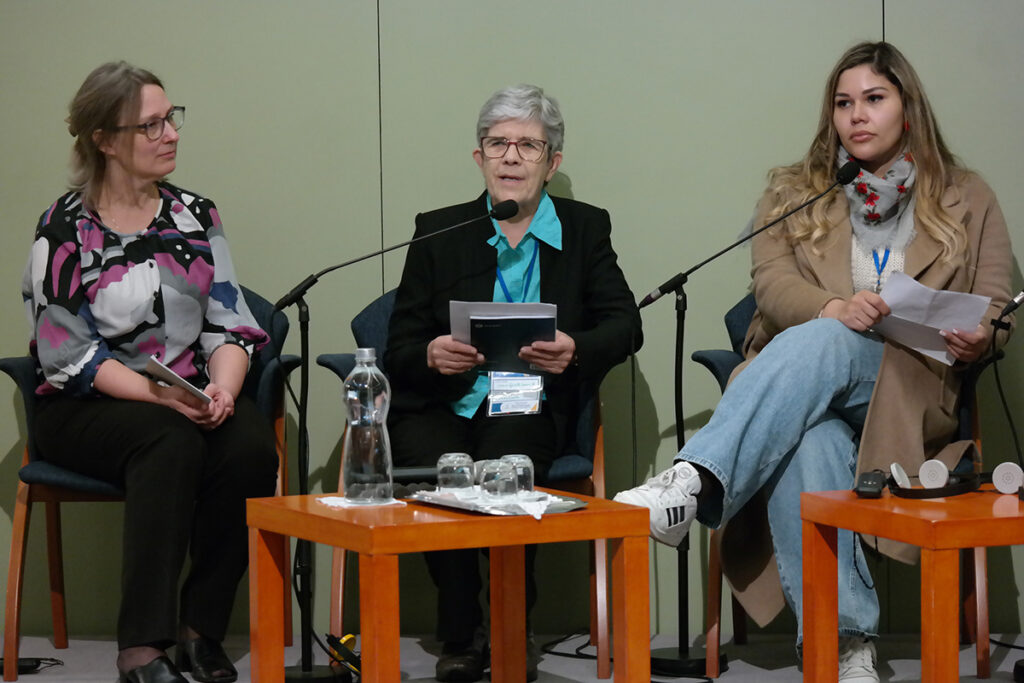
Carlos Mana
You can view the streaming of the Conference on the focolare.org Youtube channel
(Photo: © Javier García, Joaquín Masera, Carlos Mana – CSC Audiovisivi)

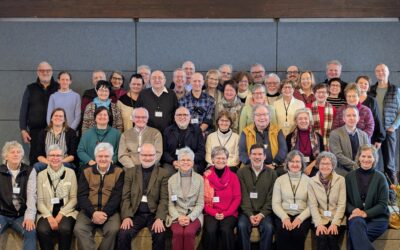


It’s very inspiring and it fills us with hope that Christian Unity is possible.